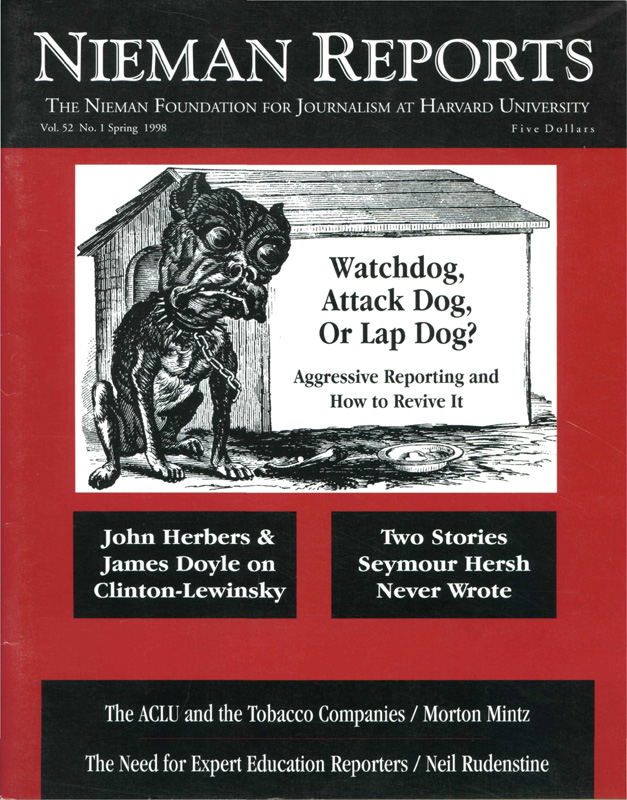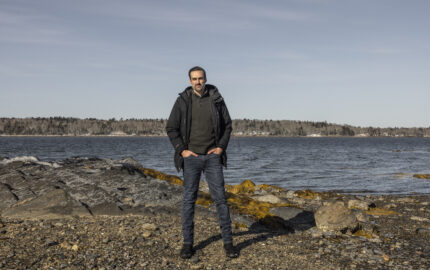Most of the seasoned journalists, that is, people who began in the 80's or were studying in the 80's.. .feel very uncomfortable about what's happening. And they do not speak because they have mortgages, they need to feed families, they want to keep working in the business. But everywhere across the country you meet people who are bailing out and have left. And they tell extraordinary stories of hyper commercialism. Again, this concept that you see repeated all over the press by these anchor people that "oh well, you know, it's all about money, it's all about ratings and we have to follow the ratings." That is not what it's all about. This whole concept that only the news that pays the biggest money or scores the biggest ratings…is a total departure from the concepts under which the networks and the affiliated stations were allowed to broadcast. It represents an absolutely bald-faced misappropriation of the public resource.
 Arthur Kent, author of "Risk and Redemption: Surviving the Network News Wars" and television journalist, at a Nieman Fellows seminar December 1, 1997.
Arthur Kent, author of "Risk and Redemption: Surviving the Network News Wars" and television journalist, at a Nieman Fellows seminar December 1, 1997.
 Arthur Kent, author of "Risk and Redemption: Surviving the Network News Wars" and television journalist, at a Nieman Fellows seminar December 1, 1997.
Arthur Kent, author of "Risk and Redemption: Surviving the Network News Wars" and television journalist, at a Nieman Fellows seminar December 1, 1997.



